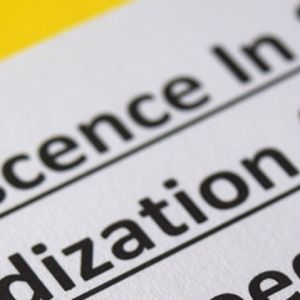General Information
All human cells, spermatozoa included, contain genetic material that determines everything that a cell must do, that is, to feed, to perform specific functions, to eliminate its useless substances, to multiply, etc. This genetic material is called DNA and consists of two double-stranded chains. The DNA in cells is located in the nucleus of the cell and is organized into distinct structures called chromosomes. All the cells of the body have 46 chromosomes, 23 pairs, while our genetic cells, the sperm and the eggs have 23 chromosomes, so that the fetus, after the union of the sperm with the egg, has 46 chromosomes.
Genetic testing for fertility purposes requires the use of both blood sample and sperm sample for the detection of
- abnormalities in the number or structure of DNA
- abnormalities in the quality of DNA or
- gene mutations.

Cystic fibrosis
more

Karyotype
more

FISH on sperm
more

Y chromosome microdeletions (AZF)
more


